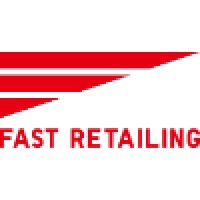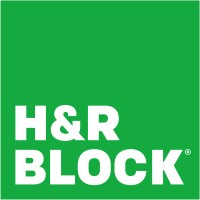
Fast Retailing
UNIQLO is a brand of Fast Retailing Co., Ltd., a leading Japanese retail holding company with global headquarters in Tokyo. UNIQLO is the largest of eight brands in the Fast Retailing Group, the others being GU, Theory, PLST (Plus T), Comptoir des Cotonniers, Princesse tam.tam, J Brand and Helmut Lang. With global sales of approximately 2.13 trillion yen for the 2021 fiscal year ending August 31, 2021 (US $19.4 billion, calculated in yen using the end of August 2021 rate of $1 = 109.9 yen), Fast Retailing is one of the world’s largest apparel retail companies. As the Group’s pillar brand, UNIQLO continues to open large-scale stores in some of the world's most important cities and locations, as part of its ongoing efforts to solidify its status as a global brand. Today the company has more than 2,300 stores in 25 markets including Japan. Driven by the concept of LifeWear, apparel that comes from the Japanese values of simplicity, quality and longevity, we offer unique products that become the building blocks of an individual’s lifestyle. We oversee the entire clothes-making process – from procurement of materials, product planning, development, design and manufacture, through distribution, retail and inventory management. Since the launch of the first UNIQLO Fleece item in 1998, we have continued to attract fans all over the world thanks to innovations such as HEATTECH, AIRism, Ultra Light Down, Ultra Stretch Jeans, and many more.






